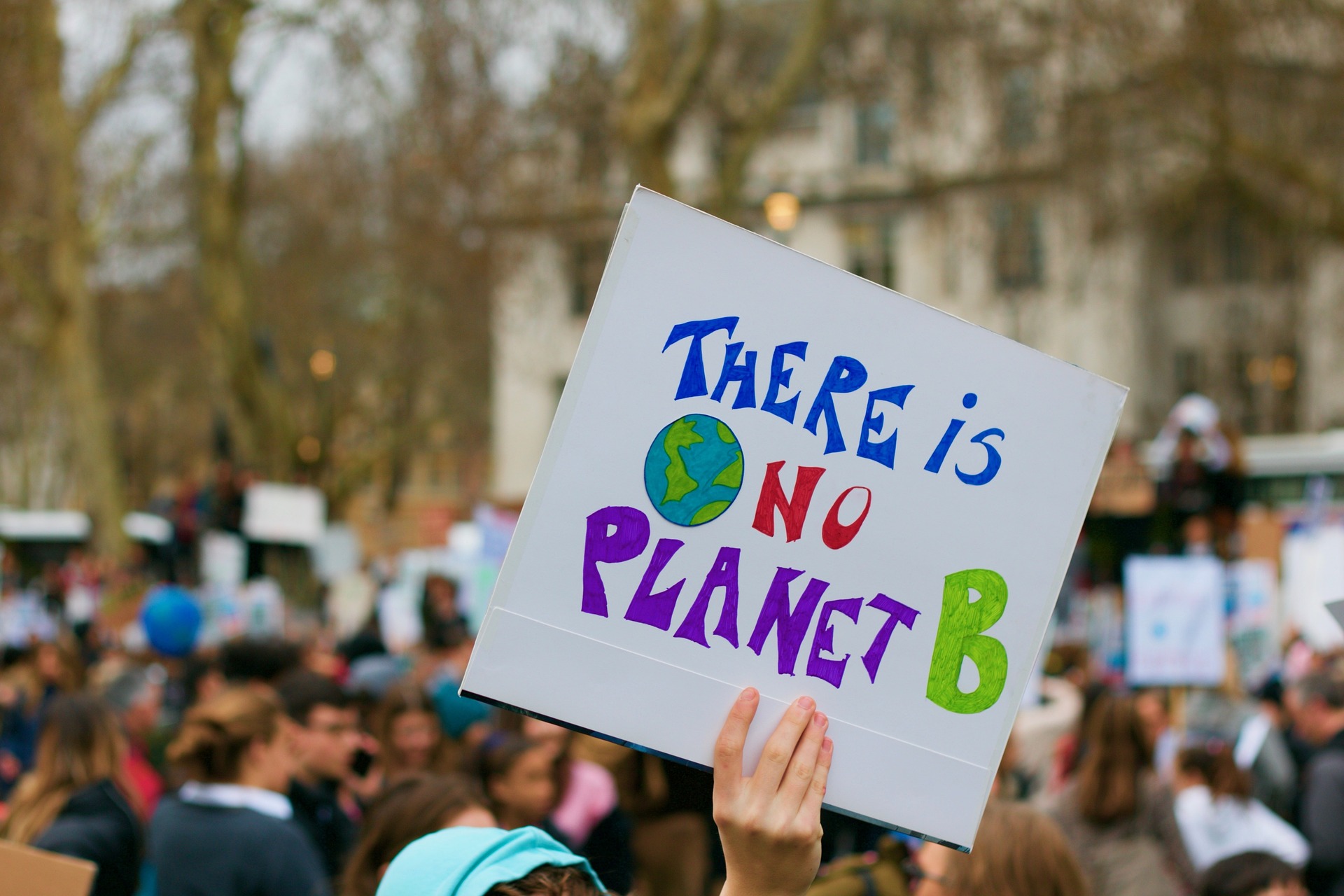Rewilding Childhood: Nature's Role in Development and Well-being
As we venture deeper into the 21st century, society is gradually recognizing the importance of nature in children's development and well-being. This shift towards 'rewilding' childhood, or reconnecting children with the natural world, is a topic that deserves our collective attention.

Read below to dive into the journey of rewilding childhood, its historical context, current societal trends, and its potential implications for our future.
The Historical Context of Childhood and Nature
In the past, children’s interactions with nature were a daily occurrence. Childhood was synonymous with outdoor play, exploration, and learning. However, with urbanization and technological advancements, the landscape of childhood has dramatically changed.
The Shift Towards Indoor Childhood
The late 20th century saw a shift towards indoor childhood. Urbanization led to a decrease in open, natural spaces, and increased screen time captivated children’s interests. The result was a generation of children with limited exposure to the natural world and its benefits.
The Rise of ‘Rewilding’ Childhood
In recent years, there’s been a growing recognition of the importance of nature in children’s development. This rewilding movement promotes unstructured outdoor play, fostering a bond between children and nature. It is a reaction to the indoor childhood trend, aiming to restore the natural balance in children’s lives.
The Implications of Rewilding Childhood
Rewilding childhood has significant implications for children’s health, development, and well-being. Research suggests that exposure to nature can reduce stress, improve physical health, and enhance creativity and problem-solving skills. It also fosters empathy towards the environment, a trait critical for future generations dealing with environmental issues.
The Future of Rewilding Childhood
The rewilding movement is gaining momentum, with more schools incorporating outdoor learning and parents prioritizing nature play. However, there are still challenges to overcome, such as limited access to green spaces in urban areas.
The future of rewilding childhood lies in society’s hands. It is a collective effort that requires changes in our education system, urban planning, and parenting styles. If successful, rewilding could shape a healthier, more balanced, and environmentally-conscious generation.
Rewilding childhood is a refreshing perspective on the role of nature in children’s lives. It offers a promising approach to balance the scales and reintroduce the essential elements of nature into the modern child’s life. It’s an exploration that continues to evolve, with implications that could shape the future of society and our relationship with the natural world.




